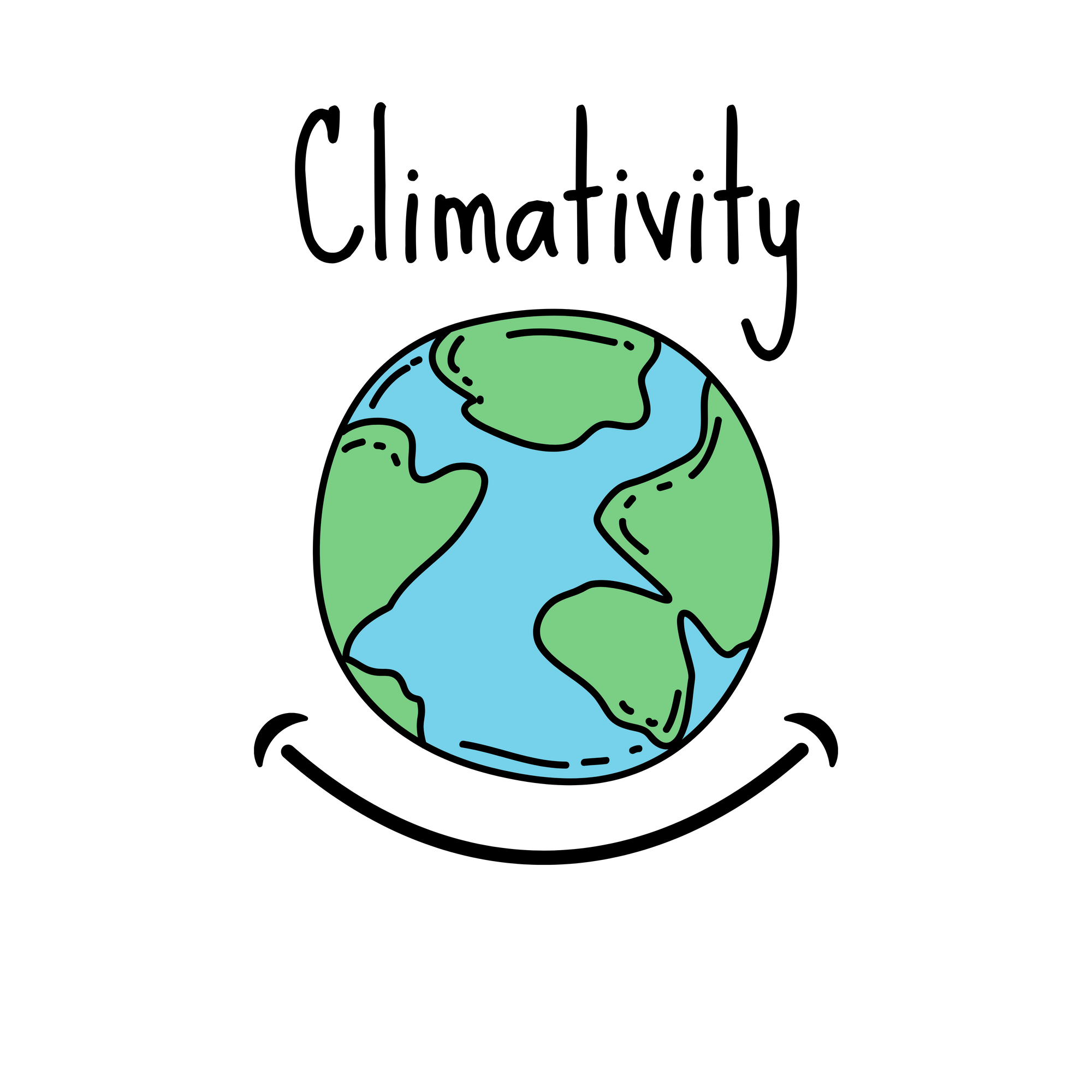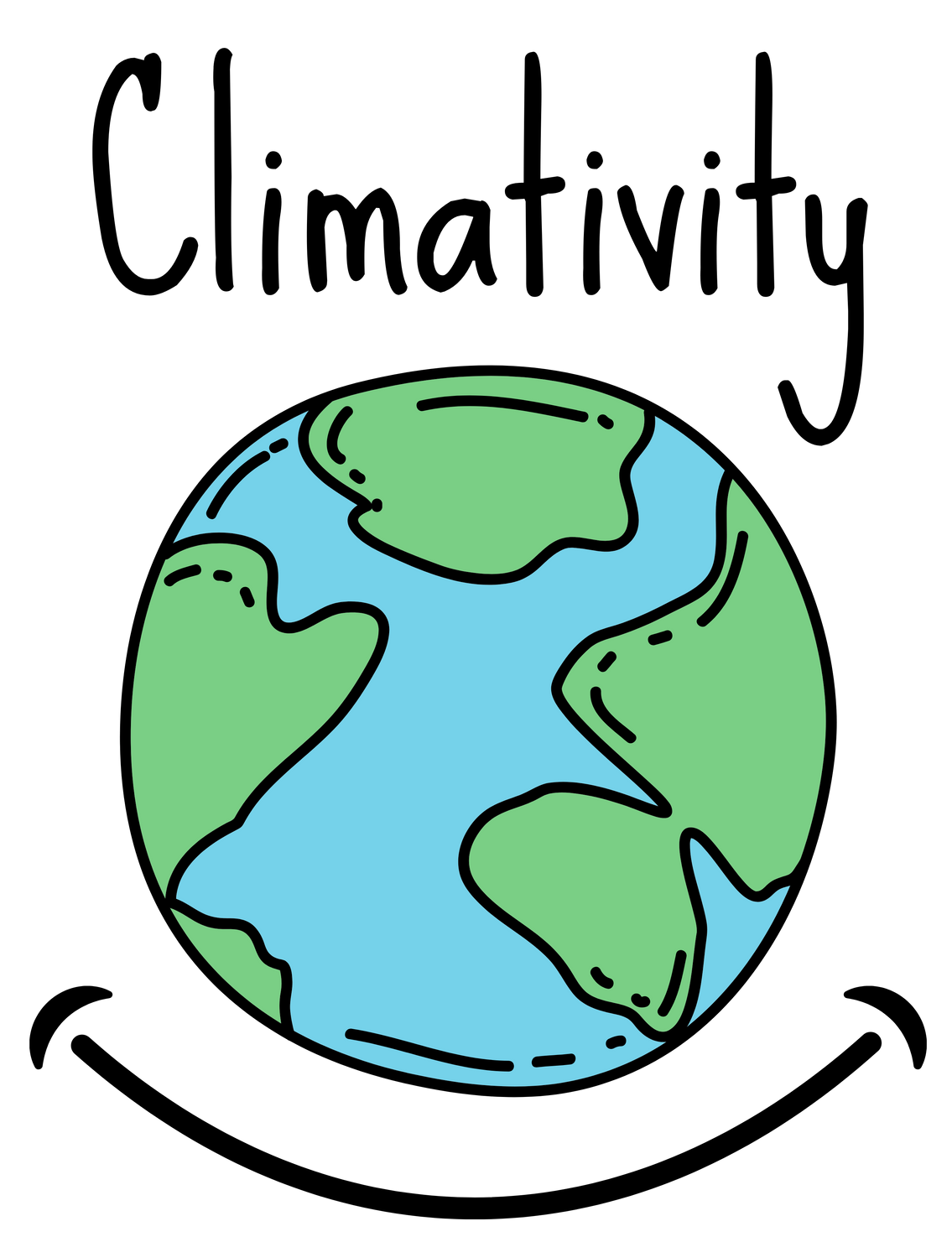no. 117: The world's oldest humpback is a mystery

Welcome to Friday!
Last weekend (which was a long one for Labor Day in the US), I was able to spend my days relaxing on the beach with some friends in Cape Cod, full of soft sands and cold waters. Oh, and lots of bees chasing me around.
It was wonderfully recharging, and as one of this week's stories tells us, being in nature is a wonderful "prescription" to boost mental health. From my experiences, there's no doubt about it!
So grab your fix of nature if you can, and have a great weekend ahead.
Here's the best stories I found last week!
Some progress from Monday, September 2

A new library of 217 3D-scanned hailstones shows us that hail can take on all sorts of strange shapes and often isn’t a sphere, helping researchers better model storms and forecast weather patterns to keep the public safer (University of Queensland)
Wine is changing for the better thanks to ancient techniques like planting several diverse varieties of grapes in the same area to increase resilience, and using regenerative viticulture which improves soil health and the ecosystem (Kaja Šeruga|Reasons to be Cheerful; Natalya Guseva|The Progress Playbook)
Vermont’s first fully accessible trail is now open for adaptive mountain bikers who can’t ride a typical mountain bike but can now still enjoy the beautiful outdoors thanks to hundreds of volunteers helping to build it (Elodie Reed|Vermont Public)
And today’s community win comes from duelgirllizzy who’s turning their overgrown land into a flower farm to restore the native vegetation, soil health, and biodiversity
Some progress from Tuesday, September 3

The largest dam removal in US history is now complete allowing the Klamath River to flow freely for the first time in 100 years, marking a huge win after decades of fighting for indigenous rights and salmon populations with habitats in the area (Lucy Sherriff|BBC; Debra Utacia Krol|USA Today)
The famous St. Louis Arch is turning off its lights for the month to prevent disorienting light pollution while millions of North American songbirds and waterfowl migrate along the Mississippi Flyway route overhead (Stacy Lynn|Spectrum News)
South Australia just increased their single-use item ban started in 2021 to include items like coffee cups, food containers, and thick plastics bags that must be replaced with reusable or compostable alternatives with more items banned each year (Agnes Gichuhi & Jess Renaglia|The Advertiser)
And today’s community win comes from _aburn.s who just beat their fight with cancer at 17.
DO SOME GOOD: Tell me your story of progress in a comment or by replying to this email!
No one knows how the oldest humpback whale is still alive

Old Timer is the oldest known humpback whale in the world, but no one’s sure how he’s still alive.
He was first photographed in 1972 by Charles Jurasz, when commercial whaling nearly eliminated humpback whales until the international moratorium or suspension of whaling in ‘86 sparked a massive recovery.
But threats from fishing gear, ship collisions, and in 2015, a devastating heat wave, took out many whales and he hadn’t been spotted since. Luckily, the flukes on a whale’s tail are unique like fingerprints, and earlier this year a photographer instantly recognized his old friend.
Scientists have been combing through images to learn about migrations, social behaviors, and resilience, and a new machine learning platform called Happywhale is now letting anyone with whale pics contribute.
Now at a million images, there are too many for humans to sort through, yet the AI is helping scientists learn more about conservation while you and I can become citizen scientists.
So if you have whale photos, submit them to Happywhale and who knows, maybe you’ve seen Old Timer too!
Some progress from Thursday, September 5

A 6 million euro experiment of 8,000 people in England found that “prescribing” nature, like swimming in the wild or community gardening, has major mental health benefits boosting happiness and satisfaction while reducing anxiety, and it’s cheaper than traditional treatments (Damian Carrington|The Guardian)
After 15,000 public comments and 19 community meeting, the US is officially keeping 28 million acres of Alaskan land protected, after the previous administration tried and now failed to remove these protections without proper analysis or consulting local tribes (Cristen Hemingway Jaynes|Ecowatch)
The fastest growing job in the United States is Wind Turbine Service Technician, projected to grow another 60% in the next decade, which further solidifies our new era of clean energy (Alex Fitzpatrick|Axios)
And today’s community win comes from bridgeybee.jpeg who’s about to start their first day of a veterinary program after a lot of hard work to get there.
Some progress from Friday, September 6

Efron Simanjuntak used to be an illegal logger in Indonesia, but after two reflective years in prison, he’s completely changed his ways and now leads a reforestation campaign and helped convince the government to recognize his indigenous village as managers and protectors of the forest (Barita News Lumbanbatu|Mongabay)
Researchers found and mapped an underwater mountain that’s four times as tall as the world’s tallest building, finding 170 previously unknown but amazing species like the Casper octopus, sponge gardens, and ancient corals (Katie Hunt|CNN)
An electric school bus fleet of 74 buses in Oakland is not only cleaning up the air but can also put electricity back into the grid during demand surges to increase grid resilience and generate a bit of extra income by selling back the energy (Jeff St. John|Canary Media)
And today’s community win comes from Anna Channon who just landed their first job since college.

Spread this breath of fresh air🪴
By supporting Climativity, you're helping these good stories reach more people around the world.
Support good news & independent publishingThis newsletter was written by Jacob Simon. 700,000+ people are in our community replacing dread & fear with hope & action across Instagram, TikTok, Threads, and now YouTube. You can say hi on LinkedIn, or by emailing jacob@jacobsimonsays.com






Member discussion